In April and June 2024, Estonian partners CAFA Tech and Rantelon hosted the Pre-Trials of the PADIC project, an initiative aimed at enhancing coastal surveillance capabilities through advanced passive radar technologies. These trials were crucial for testing and integrating of different passive radar sensors and capabilities, in real-world scenarios, ensuring the project’s readiness for its final demonstration.
The primary goal of the Pre-Trials was to transition PADIC sensors and systems from software-based integration to operational deployment. This step was vital for validating the effectiveness of the components in a fully functional PADIC multistatic sensor system. Over several days in both April and June, the teams deployed and tested various radar systems under challenging conditions, including heavy winds, which added a layer of realism to the trials. These trials provided valuable data and insights, helping the team refine their technologies for the final demonstration.
SAAB, the PADIC Project Coordinator from Sweden, showcased its passive radar system, WIDAR (Wideband Digital Array Receiver) . The WiDAR system provide the ability to measure and track objects flying over the sea and tracking naval targets e.g., boats sailing at sea.

SAAB Passive Radar System WIDAR (Wideband Digital Array Receiver)
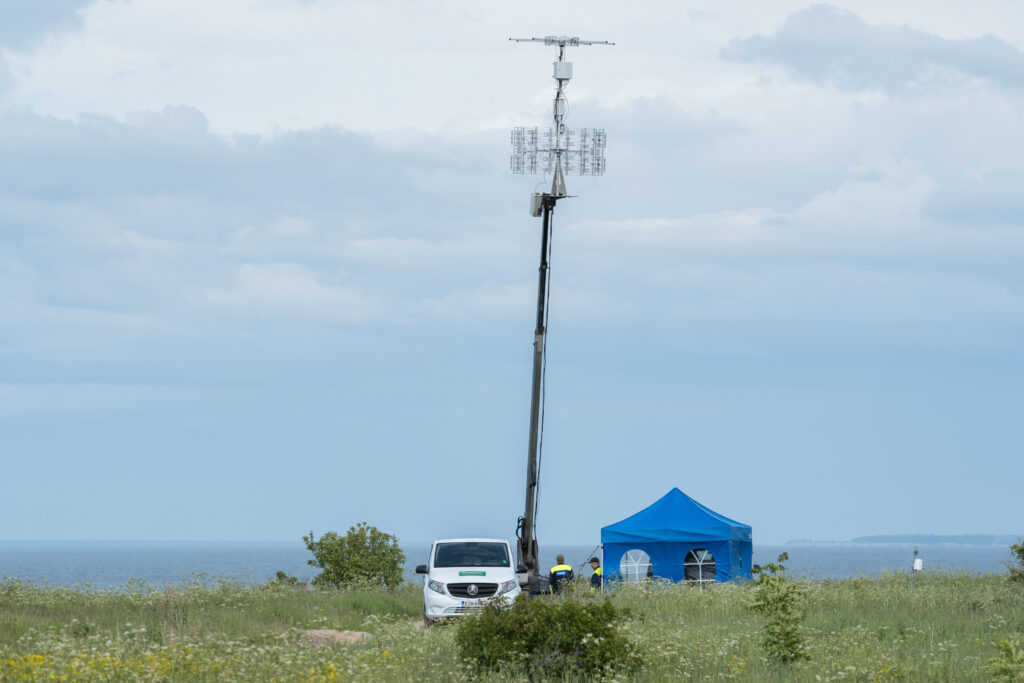
PATRIA Passive Radar Sensor System
Finnish partner Patria tested its Passive Radar Sensor System in Paldiski and Juminda. These tests were part of a broader effort to integrate the system of systems that PADIC aims to establish for coastal surveillance across Europe.
Estonian partner Rantelon successfully set up an L-band additional transmitters. The transmitter, equipped with a 1000 Watt amplifier, was positioned on top of a tactical mast and operated directionally to defined sector, illuminating areas towards the coast and open sea. The main mission was to support the receiving sensors scattered around the Pakri peninsula, tracking reflections from both cooperative and non-cooperative targets.
Another Estonian partner, CAFA Tech, played a crucial role by setting up the Command Center and coordinating targets and pre-trials. CAFA Tech also contributed with their AI Training Centre and CAFA sensor. Additionally, they supported various UAV flights to allow the sensors testing.
The Estonian Defence Forces provided significant support with an RHIB boat, ensuring the successful completion of all planned tests, despite adverse weather conditions.
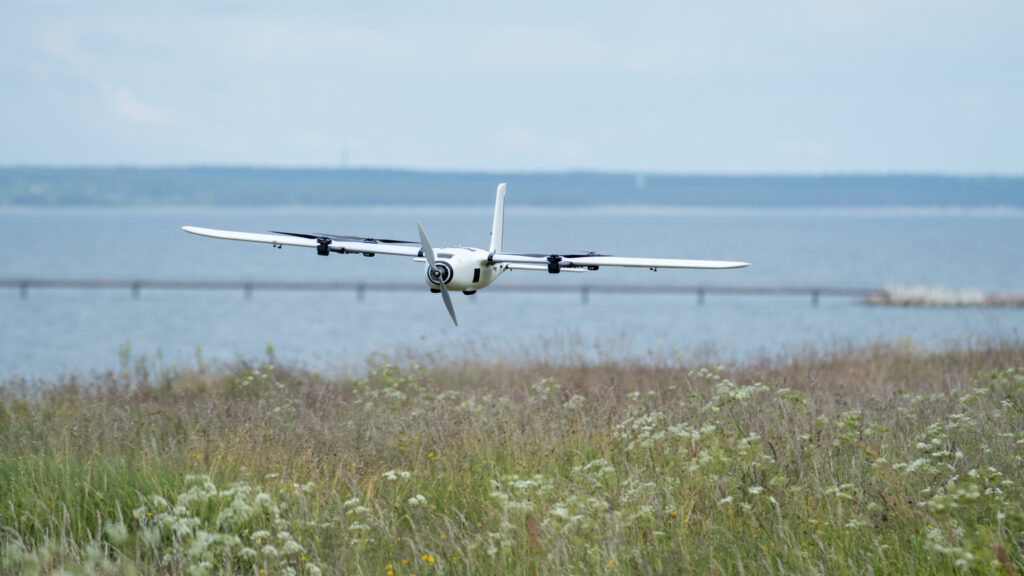
The Pre-Trials highlighted the collaborative spirit of the PADIC project. Partners from different countries, including SAAB from Sweden, Patria from Finland, and local companies like Rantelon and CAFA Tech from Estonia, worked together seamlessly supported by Estonian Defence Forces.
These pre-trials have been instrumental in providing the necessary feedback and data to further refine the PADIC systems. The successful completion of these Pre-Trials signifies a major milestone, setting the stage for the final demonstration planned for autumn 2024. The insights gained will ensure that the systems are fully prepared for real-world deployment, enhancing coastal surveillance capabilities across Europe.
As we move forward, we are confident that the final trials will demonstrate the significant advancements made through the PADIC project. We eagerly anticipate meeting with end-users this autumn to showcase the results of our collective efforts and the operational capabilities of the PADIC systems.
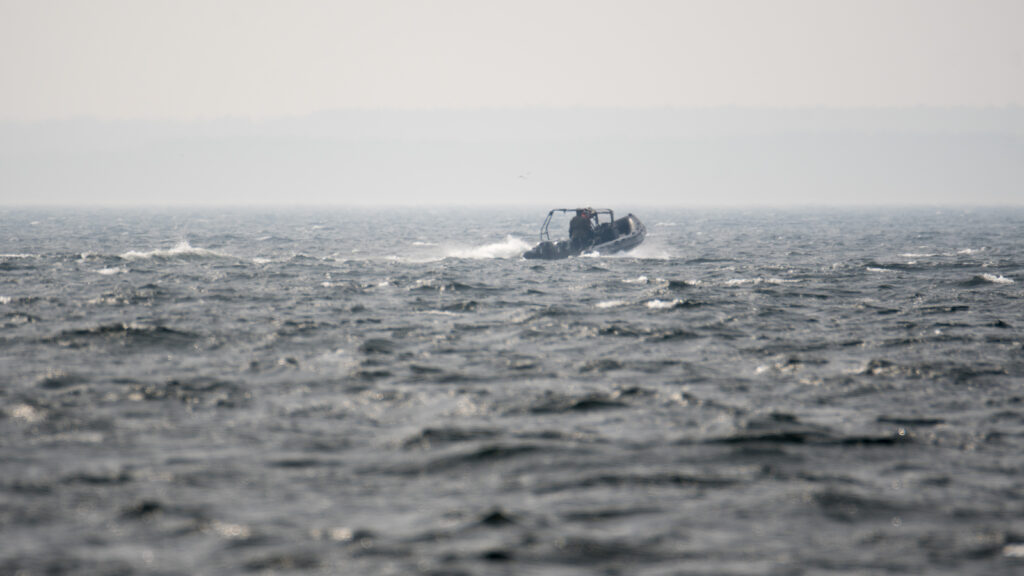
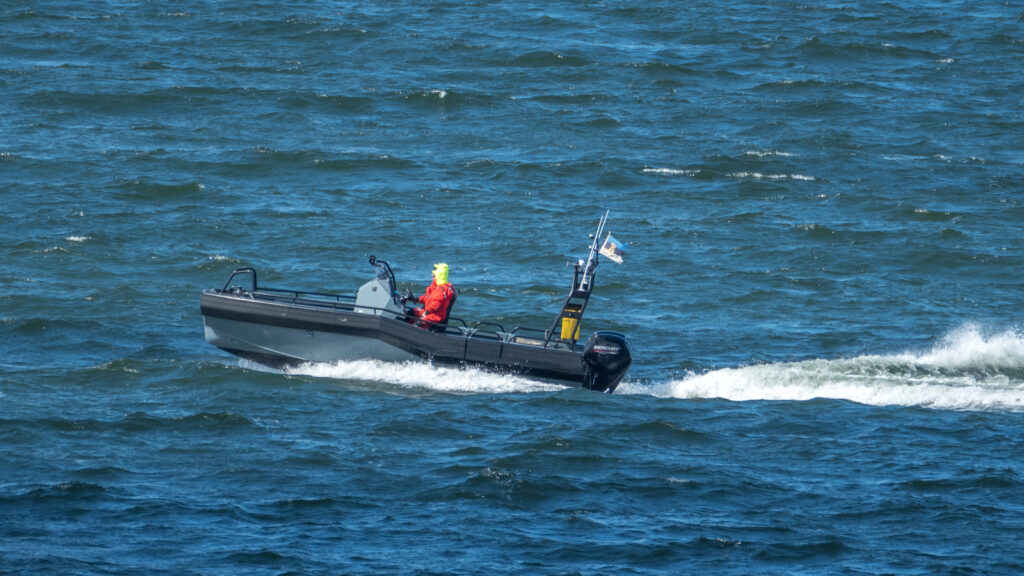
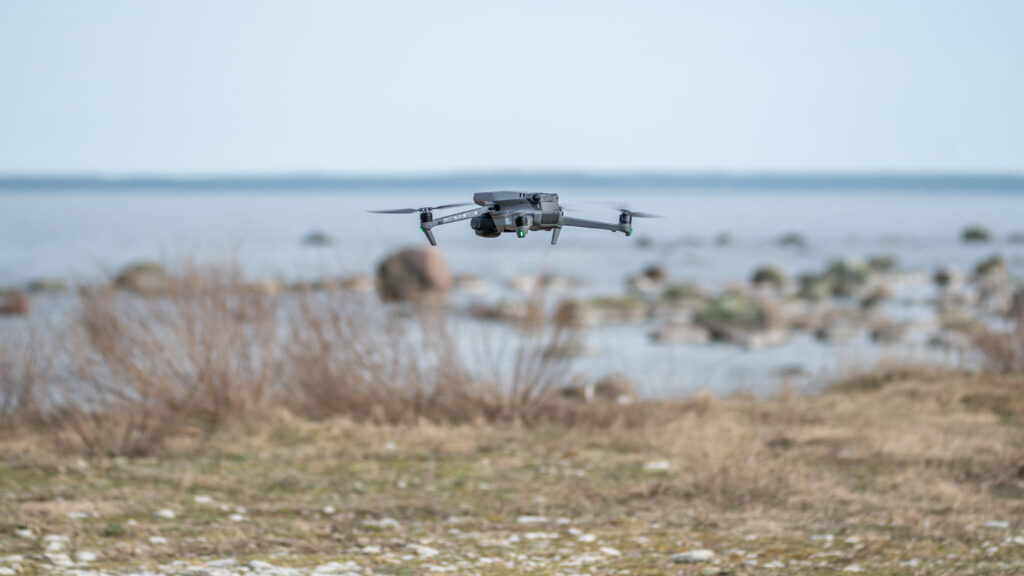
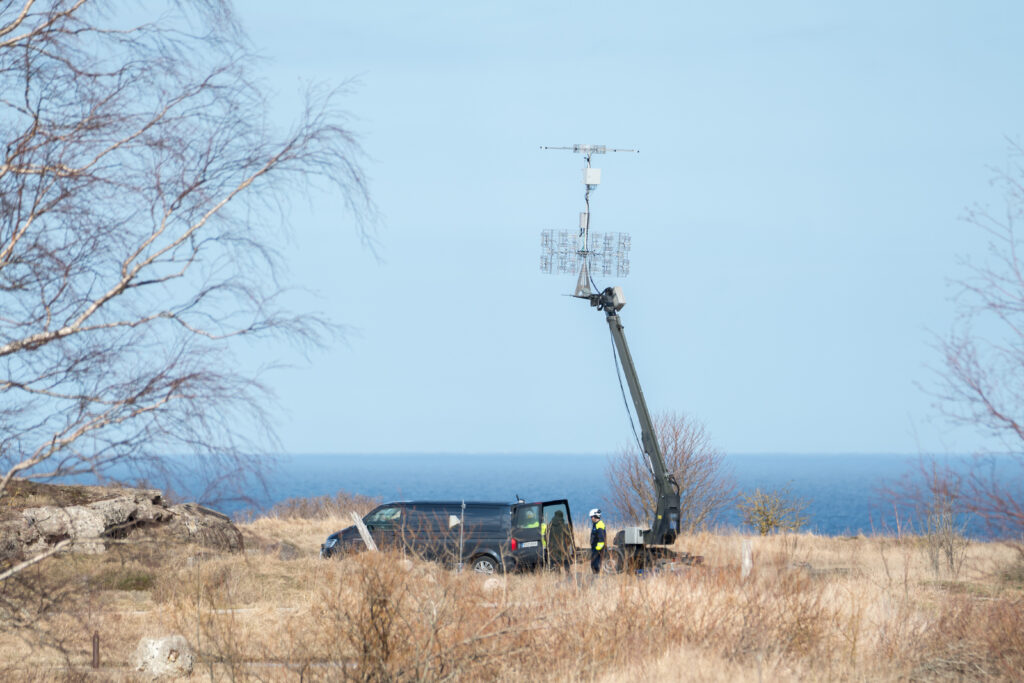

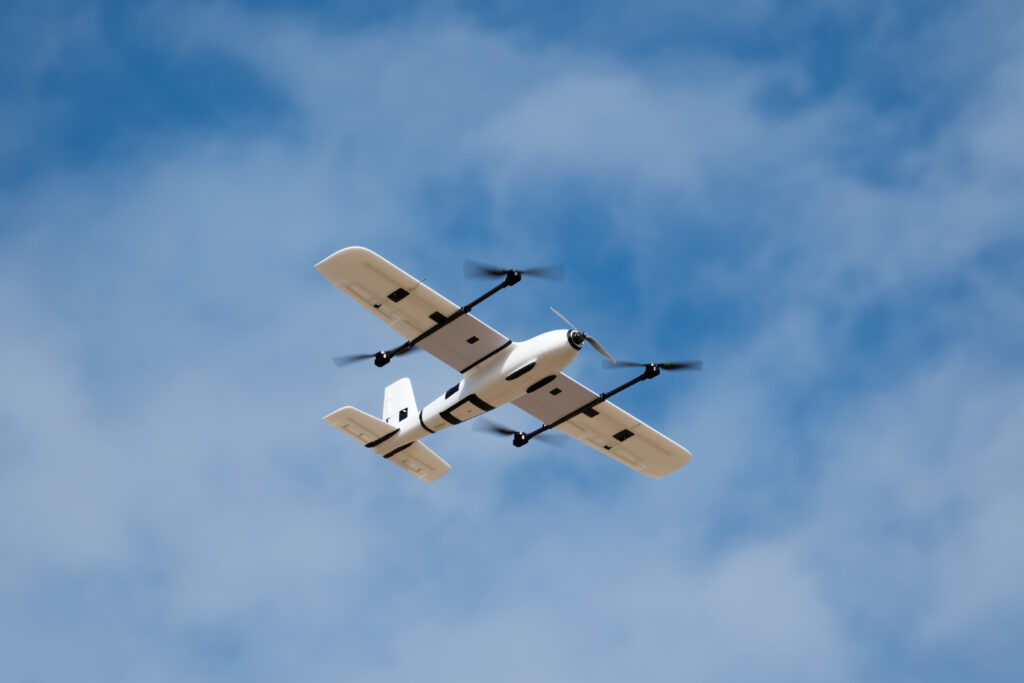

The European Defence Industrial Development Program project “Passive Acquisition by Digital Convergence” (PADIC) will develop a coastal radar network system with an open architecture, connecting passive, digital sensors of different types. Passive radars use reflections from signals from TV and radio stations, mobile network base stations and added transmitters to detect objects on land, at sea and in the air. PADIC will study, design, prototype and test a coastal radar network system in response to emerging threats by further developing state-of-the-art sensors that are spectrally non-congesting during peacetime and sustainable and immune against attack attempts during conflicts. The project will make use of low-cost and commercially available technologies and components.
Views and opinions expressed are however those of the author(s) only and do not necessarily reflect those of the European Union or the European Commission. Neither the European Union nor the granting authority can be held responsible for them.

Views and opinions expressed are however those of the author(s) only and do not necessarily reflect those of the European Union or the European Commission. Neither the European Union nor the granting authority can be held responsible for them.
Grant Agreement No EDIDP-MSC-CPRS-2020-096-PADIC
| Cookie | Duration | Description |
|---|---|---|
| cookielawinfo-checkbox-analytics | 11 months | This cookie is set by GDPR Cookie Consent plugin. The cookie is used to store the user consent for the cookies in the category "Analytics". |
| cookielawinfo-checkbox-functional | 11 months | The cookie is set by GDPR cookie consent to record the user consent for the cookies in the category "Functional". |
| cookielawinfo-checkbox-necessary | 11 months | This cookie is set by GDPR Cookie Consent plugin. The cookies is used to store the user consent for the cookies in the category "Necessary". |
| cookielawinfo-checkbox-others | 11 months | This cookie is set by GDPR Cookie Consent plugin. The cookie is used to store the user consent for the cookies in the category "Other. |
| cookielawinfo-checkbox-performance | 11 months | This cookie is set by GDPR Cookie Consent plugin. The cookie is used to store the user consent for the cookies in the category "Performance". |
| viewed_cookie_policy | 11 months | The cookie is set by the GDPR Cookie Consent plugin and is used to store whether or not user has consented to the use of cookies. It does not store any personal data. |